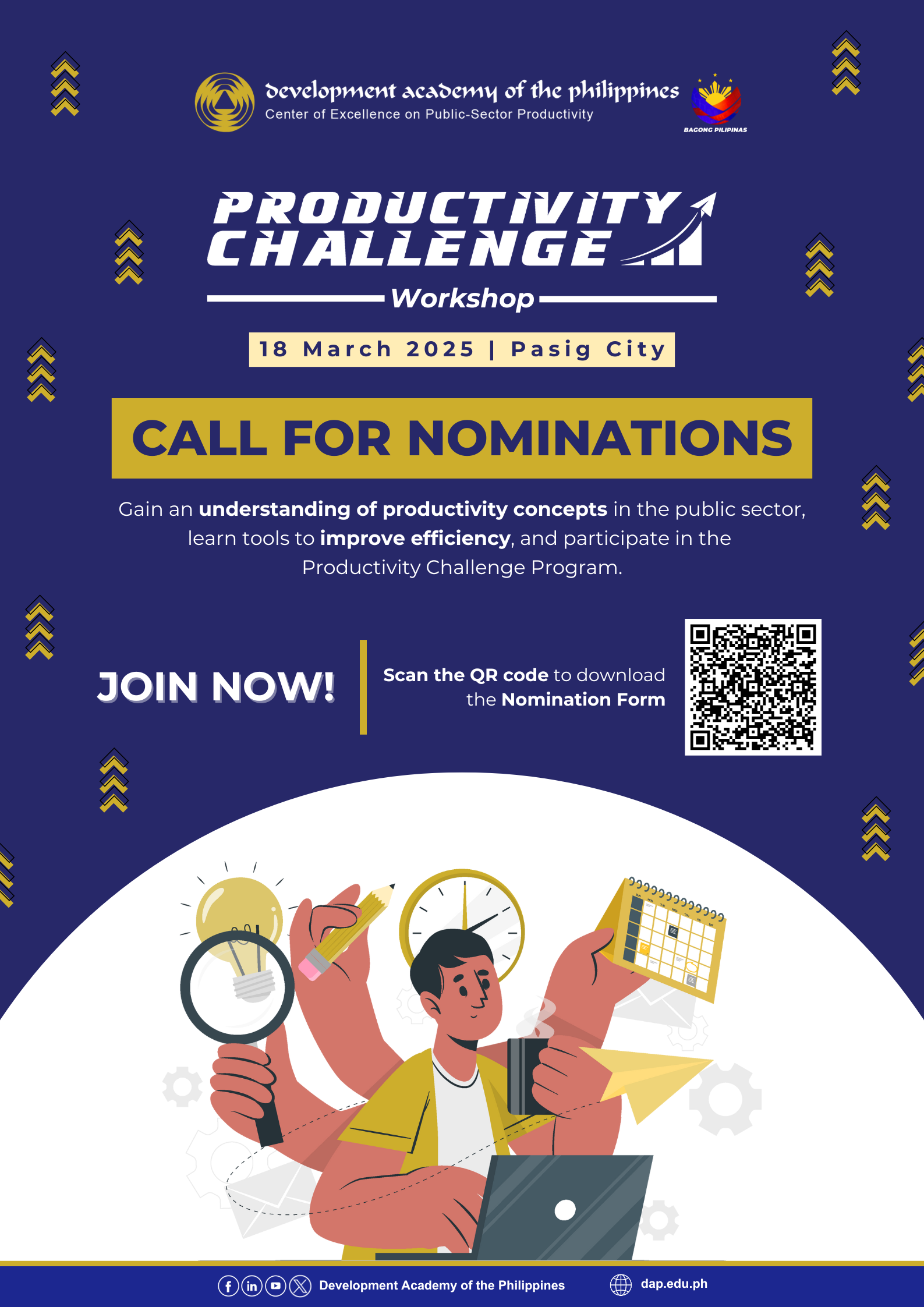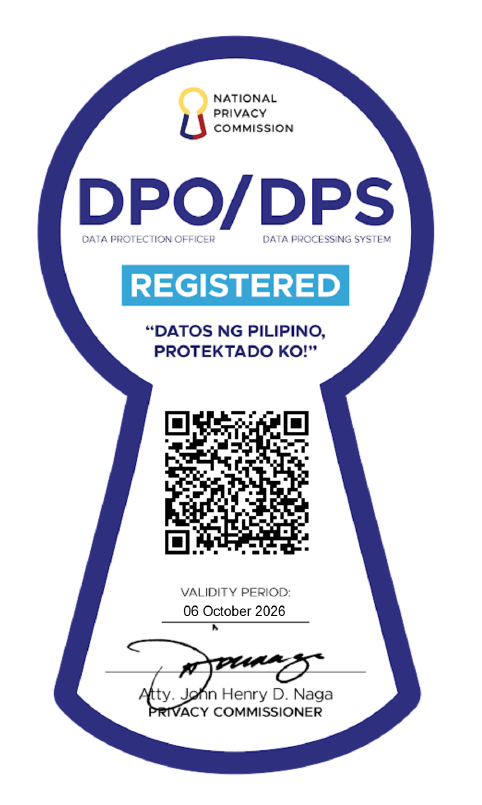
The Philippine Institute for Development Studies (PIDS) is set to conduct an impact evaluation of the PMDP. The details of this engagement were discussed during the kickoff meeting last March 9, 2021 which was attended by DAP Senior Vice President Magdalena L. Mendoza, PMDP Managing Director Nanette C. Caparros, PMDP M&E Program Manager Sheryl D. Reyes, PIDS Senior Research Fellows Dr. Sonny Domingo and Dr. Michael Ralph Abrigo, PIDS Junior Research Fellow Dr. Charlotte Justine Sicat, and other involved staff from DAP and PIDS. The focus of the study is to measure and evaluate the extent to which expected outcomes are being attained, and identify other positive outcomes that may have resulted from the Program. The evaluation also aims to provide evidence of program impact on key stakeholders.

Last 2015, PIDS already evaluated PMDP’s programs to examine whether emerging or indicative patterns of results are moving toward the realization of the Program’s outcomes. The findings of the first evaluation showed that PMDP can claim relative success. Overall, the study found strong indications that program inputs and activities have yielded desirable outputs and indicative intermediate outcomes at both the individual and institutional levels.
Other major findings of the 2015 study are as follows:
- The PMDP showed relative adherence to its mandate and program objectives. Emerging or indicative patterns of results are found to be moving toward the realization of intended program outputs and outcomes.
- Online survey results revealed highly significant improvements in the scholars’ overall leadership and management competencies. Case findings showed the development of a “stewardship” and “can do” mindset among the scholars, which translate into confidence in performing work assignments and in facing stakeholders, particularly senior government officials as well as officers in their respective offices. There is evidence of a significant increase in the consistency with which the scholars’ behaviors resonate with “commitment to government service and to the country’s progress”.
- The self-report survey pointed to behavioral competencies that demonstrate increased confidence, readiness to assume greater responsibilities, and strengthened sense of kinship, mutual support, and harmony. Scholars returned to work with improved competencies to contribute to their respective organizations, limited only by institutional opportunities, barriers, and other bureaucratic realities. Successful introduction of change and innovation in their respective agencies have also been reported by returnees.
Presently, the overall objective of the evaluation is to assess how PMDP graduates perform in their respective work assignments after graduating from the Program; document scholars’ application of gained learnings and developed competencies from their PMDP experience, in and outside their workplace as well as in their professional life; valuate attributable indications of intermediate program outcomes at the individual and institutional levels, and to a certain extent, final program outcomes; and, determine other unintended outcomes, either positive or negative, that may have been achieved as a result of the scholars’ participation in the program.
To effectively measure the study, it will include psychometric surveys, focus group discussions, and key informant interviews that will be conducted among scholars, matched control participants, and relevant program stakeholders. However, due to the COVID-19 pandemic, surveys will be done online and key informant interviews and focus group discussions will be done through teleconference.
The evaluation results would be vital to PMDP’s implementation of classes and activities as it will support possible changes in the design, implementation strategies, and strategic focus, as deemed necessary. It will also help achieve its primary objective to produce a corps of development-oriented, competent, dedicated, and honest middle managers and executives in the Philippine bureaucracy.




